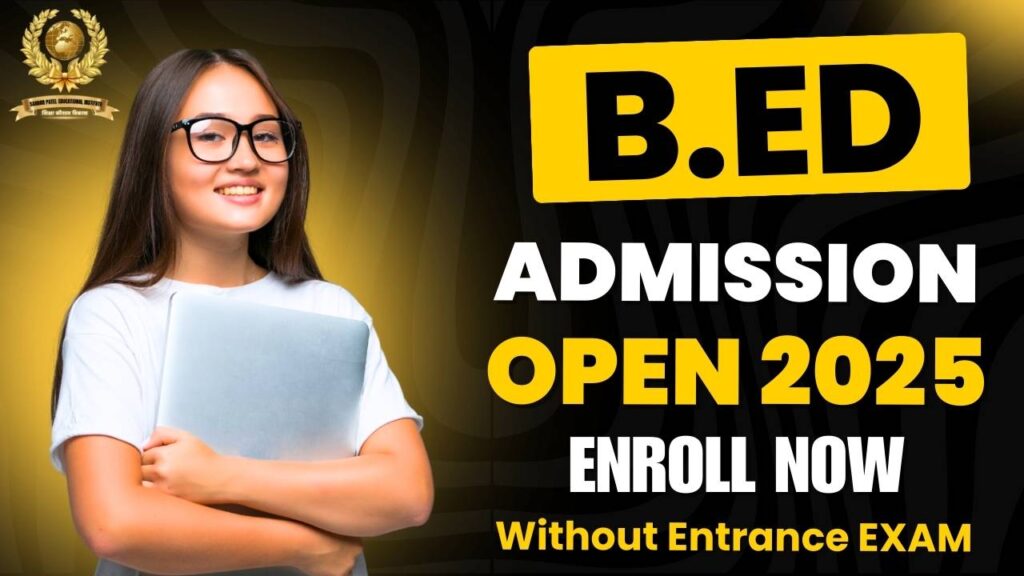Cardiology Technician
The Cardiology Technician program is designed to train individuals in the use of diagnostic tools and techniques to support the assessment and treatment of heart-related conditions. This program is ideal for those aiming to pursue a career as cardiology technicians, assisting cardiologists and healthcare teams in cardiac care settings.
Program Duration
- Full-Time: Typically 1-3 years (depending on the level—certificate, diploma, or degree), often including practical training
- Part-Time: Limited availability due to hands-on requirements
Objective
The Cardiology Technician program aims to:
- Develop expertise in performing cardiac diagnostic tests such as ECGs, stress tests, and echocardiograms.
- Enhance skills in operating cardiology equipment, patient monitoring, and data recording.
- Train individuals in assisting with cardiac procedures and maintaining patient safety.
- Prepare participants to support cardiologists in diagnosing and managing heart conditions.
Who Should Pursue This Course?
This program is perfect for:
- Individuals seeking a career in cardiac diagnostics and healthcare support.
- Those aiming to work in hospitals, cardiology clinics, or diagnostic centers.
- People interested in contributing to patient care through cardiac technology.
Teaching Methodology
We emphasize a practical and student-centric approach:
- Interactive Lectures: Delivered by experienced faculty and cardiology experts.
- Hands-On Learning: Clinical training with cardiac equipment, simulations, and internships.
- Guest Lectures: Insights from cardiologists and healthcare professionals.
- Group Discussions: To foster problem-solving and teamwork skills.
Career Opportunities
Graduates can explore roles such as:
- Cardiology Technician: Conducting ECGs, stress tests, and other cardiac diagnostics.
- Echocardiography Technician: Performing ultrasound imaging of the heart.
- Cardiac Catheterization Assistant: Supporting procedures in cath labs.
- Holter Monitor Technician: Managing long-term cardiac monitoring devices.
- Cardiac Equipment Specialist: Maintaining and troubleshooting cardiology tools.
Industries Hiring: Hospitals, Cardiology Clinics, Diagnostic Centers, Cardiac Care Units, Medical Equipment Companies, and Public Health Agencies.
Why Choose This Program?
- Expert Faculty: Learn from skilled educators and cardiology professionals.
- State-of-the-Art Facilities: Access to modern cardiac labs and diagnostic equipment.
- Placement Support: Connections with healthcare institutions for job opportunities.
- Holistic Development: Focus on technical skills, patient care, and precision.
- Affordable Fees: Quality training at competitive rates.
Admission Process
- Eligibility: 10+2 with Physics, Chemistry, and Biology (PCB) for degree programs; 10th or 12th for certificates/diplomas (varies by institution).
- Entrance Exams: Institute-specific tests or merit-based admission.
- Selection: Based on academic scores and counseling (if applicable).
Key Takeaways
By the end of this program, participants will:
- Gain expertise in cardiac diagnostic techniques and technology.
- Be prepared to assist in cardiac care and patient monitoring.
- Develop skills for career advancement or further specialization.

